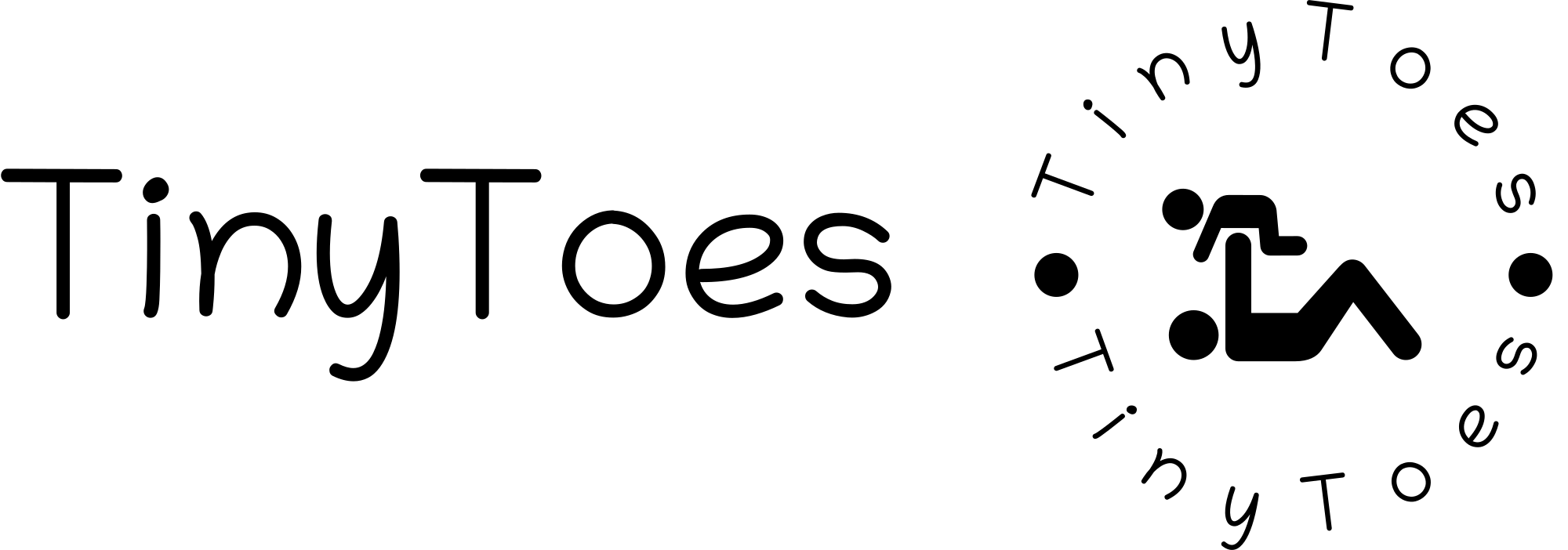Understanding the Prenatal Period: A Journey from Conception to Birth

The prenatal period is a transformative and critical time in a woman’s life, encompassing the journey from conception to the birth of a baby. This period is divided into three trimesters, each marked by unique developments and experiences for both the mother and the growing fetus. Understanding what happens during the prenatal period can help expectant mothers navigate their pregnancies with greater confidence and knowledge.
First Trimester (Weeks 1-12)
Key Developments:
- Conception and Implantation: Pregnancy begins with the fertilization of an egg by a sperm, forming a zygote. The zygote travels down the fallopian tube and implants itself into the uterine wall, where it begins to grow.
- Embryo to Fetus: The first trimester is crucial for the development of the embryo, which later becomes a fetus. Major organs and body systems start to form, including the heart, brain, and spinal cord.
- Rapid Growth: By the end of the first trimester, the fetus is about 3 inches long and weighs nearly 1 ounce. The heart has begun to beat, and the limbs start to develop.
Mother’s Experience:
- Physical Changes: Many women experience morning sickness, fatigue, breast tenderness, and frequent urination. Hormonal changes are responsible for these symptoms.
- Emotional Changes: The first trimester can be an emotional rollercoaster, with feelings of joy, anxiety, and anticipation.
Healthcare:
- Initial Prenatal Visit: This visit usually includes confirming the pregnancy, estimating the due date, and conducting blood tests and ultrasounds.
- Prenatal Vitamins: Folic acid, iron, and other prenatal vitamins are essential to support the baby’s development and the mother’s health.
Second Trimester (Weeks 13-26)
Key Developments:
- Continued Growth: The fetus grows rapidly, and by the end of this trimester, it is about 14 inches long and weighs approximately 1.5 pounds.
- Movement: The mother begins to feel the baby’s movements, known as quickening.
- Development: The fetus’s senses start to develop, and it can hear sounds from outside the womb. Organs continue to mature and function.
Mother’s Experience:
- Physical Changes: Many women find relief from early pregnancy symptoms. They start to show more prominently and may experience back pain, stretch marks, and increased appetite.
- Emotional Changes: Increased bonding with the baby and excitement about the pregnancy often occur during this period.
Healthcare:
- Regular Check-ups: Monthly prenatal visits to monitor the health of the mother and baby, including checking the baby’s heartbeat and growth.
- Screening Tests: Tests for gestational diabetes, anemia, and other potential issues are conducted. An anatomy scan (detailed ultrasound) is often done around 20 weeks.
Third Trimester (Weeks 27-40)
Key Developments:
- Final Growth and Development: The fetus gains weight rapidly, developing fat layers that help regulate body temperature after birth. Organs, especially the lungs, mature in preparation for life outside the womb.
- Positioning for Birth: The baby moves into a head-down position in the mother’s pelvis in preparation for delivery.
Mother’s Experience:
- Physical Changes: The third trimester can be physically challenging, with increased discomfort due to the baby’s size. Common symptoms include swollen ankles, heartburn, and difficulty sleeping.
- Emotional Changes: Anxiety and anticipation about labor and delivery are common, along with nesting instincts as mothers prepare their homes for the baby’s arrival.
Healthcare:
- Frequent Check-ups: Prenatal visits become more frequent, often every two weeks, and then weekly as the due date approaches.
- Birth Plan: Discussing and preparing a birth plan with healthcare providers, including pain management options and delivery preferences.
- Monitoring: Close monitoring of the baby’s position and the mother’s health to detect any potential complications.
Conclusion
The prenatal period is a time of remarkable change and development, both for the growing baby and the expectant mother. Understanding the stages of pregnancy and the associated physical and emotional changes can help mothers-to-be feel more prepared and confident. Regular prenatal care, a healthy lifestyle, and emotional support are key to ensuring a healthy pregnancy and a positive birth experience.
By sharing knowledge and experiences about the prenatal period, we can empower expectant mothers to navigate this incredible journey with greater ease and joy. Whether you’re in the early stages of pregnancy or approaching your due date, remember that each pregnancy is unique, and taking care of your well-being is the best gift you can give yourself and your baby.
